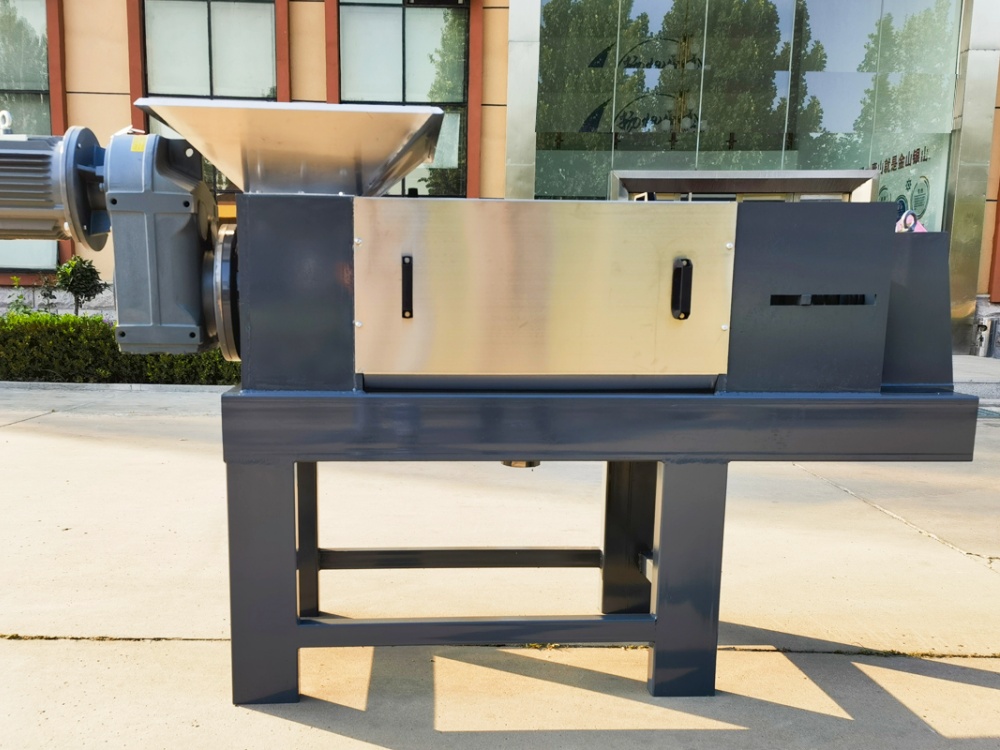
The resurgence of interest in industrial hemp has sparked a growing demand for advanced hemp processing equipment. As more countries legalize the cultivation of hemp, entrepreneurs and farmers are exploring the vast potential of this versatile crop. From textiles and building materials to CBD extraction, hemp offers a wide range of applications, and the right processing equipment plays a crucial role in maximizing its value.
The Hemp Renaissance
Industrial hemp, a non-psychoactive variety of the Cannabis sativa plant, has witnessed a renaissance in recent years. Unlike its cousin marijuana, hemp contains minimal levels of THC (tetrahydrocannabinol), the compound responsible for the "high" associated with cannabis. This key distinction has paved the way for the legal cultivation and processing of hemp in various parts of the world.
Harvesting and Drying
The journey of hemp from the field to finished product begins with harvesting and drying. Modern hemp combines equipped with cutting-edge technology ensure efficient and cost-effective harvesting. Once harvested, the hemp plants must be properly dried to prevent mold and degradation of quality. Specialized drying equipment, such as conveyor dryers and dehumidifiers, plays a vital role in this initial stage of processing.
Decortication and Separation
Decortication is a critical step in hemp processing, where the outer fibers (bast fiber) are separated from the inner woody core (hurd or shiv). This process requires specialized equipment like decorticators, which mechanically strip away the outer layer, leaving behind valuable fibers and core material. The separated components can be used for various applications, including textiles, paper, and construction materials.
CBD Extraction
With the booming market for CBD (cannabidiol) products, hemp processing equipment for CBD extraction has become highly sought after. Extraction methods such as CO2 extraction or ethanol extraction involve the use of specialized machinery to isolate CBD and other beneficial compounds from the hemp plant. These processes require precision and efficiency to produce high-quality CBD oil used in various wellness products.
Fiber Processing
Hemp fibers have been utilized for centuries in the production of textiles, ropes, and paper. Advanced fiber processing equipment, such as spinning machines and looms, transforms raw hemp fibers into a wide range of finished products. The eco-friendly and durable nature of hemp fibers makes them an attractive alternative to traditional materials.
Challenges and Innovations
Despite the promising outlook for the hemp industry, challenges persist. Regulatory frameworks, varying cultivation practices, and the need for standardization pose hurdles for equipment manufacturers and processors. However, ongoing innovations in technology and increased collaboration within the industry are addressing these challenges.
Conclusion
As the industrial hemp sector continues to expand, the importance of efficient and reliable hemp processing equipment cannot be overstated. From harvesting and decortication to CBD extraction and fiber processing, each step in the journey from farm to finished product relies on specialized machinery. The ongoing advancements in technology and the commitment to sustainability position hemp processing equipment as a key driver in the growth of the industrial hemp industry, offering economic opportunities and sustainable solutions for a variety of sectors.




If your company wants to establish a business relationship with us, please briefly describe the cooperation intention and send an email to:chuantaiscrewpress@gmail.com























































































![[list:title]](/static/upload/image/20240528/1716877114510915.jpg)